10. Dark Red Forest (Jin Huaqing, China)
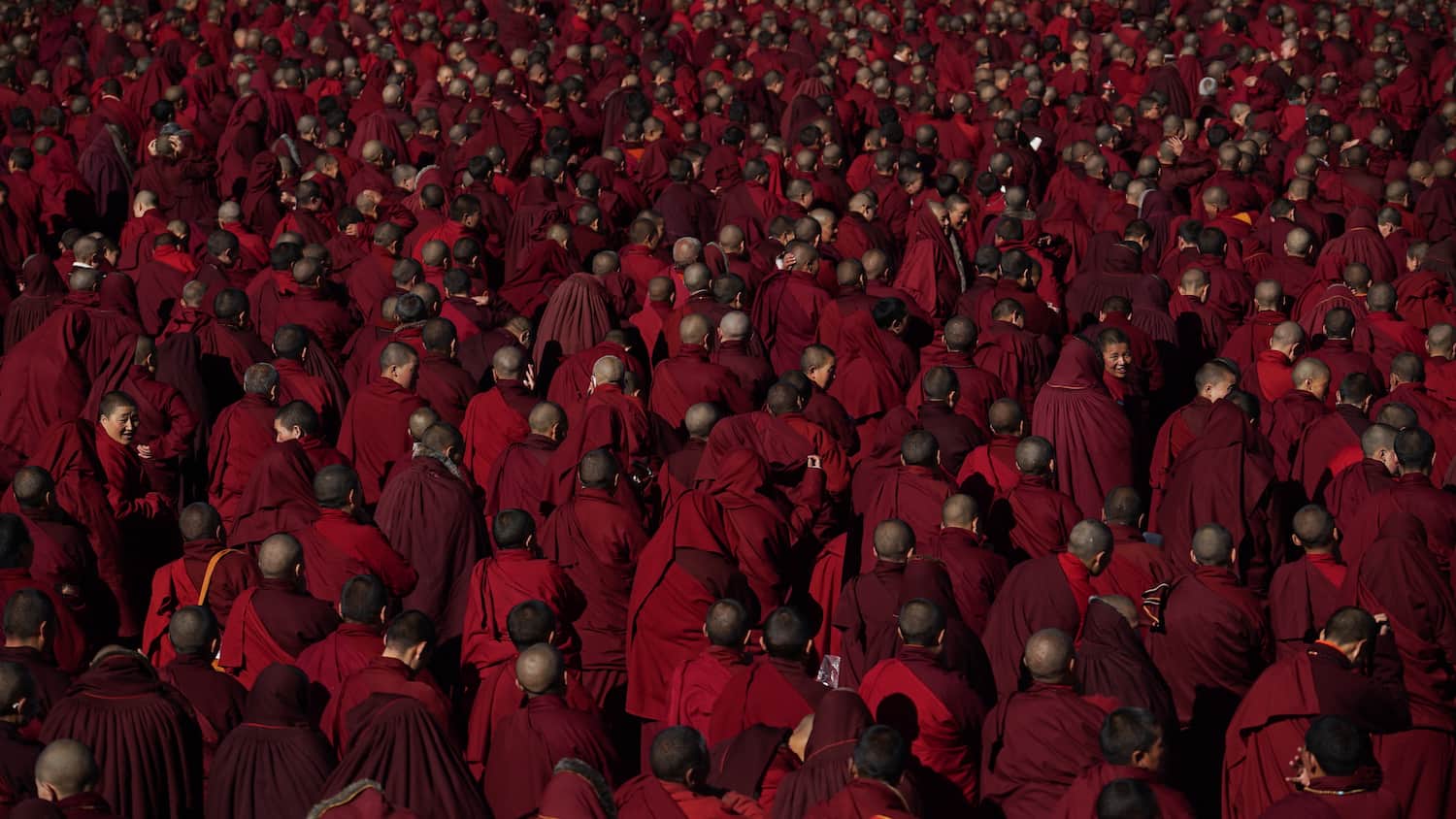
Jin Huaqing chooses to forego two of the mainstays of documentary filmmaking, the interview and focusing on a main subject, and instead adopts a much more observational approach in which his camera jumps from a subject to another, watching each nun carry different tasks such as cooking and studying to visiting the doctor and getting dharma lectures by a monk sitting offscreen. A reason for the decision to follow numerous people as opposed to one might have been the nuns themselves, who might have not wanted to be followed by a camera for long periods of time and have their practice hindered or possibly something else. We are never told and it doesn't matter because it works for a great advantage of the film, showing us the communal aspect of the nuns' lives. After all, they are all in the monastery complex striving to penetrate the Buddha's teachings and transcend the ego and the egocentric view of the world. And what more egocentric is there than having oneself be the focus of an entire movie?
9. Mama Boy (Arvin Chen, Taiwan)

Different mothers and different sons are crossing paths, switching roles and learning from each other in this intelligent comedy/romance that looks into late development and the lovingly toxic grasp that mothers have on their male offspring. And it does so with wit and no judgments or finger pointing, just leaving the clever plot roll. Its slow peace doesn't dilute the comedy and the feelings, instead, it lightens them with a soft warm glow. Details scattered here and there reveal something about each character; hints, whispers, never shouts. For example, we “sense”, not learn, that Meiling has been alone for a long time (the film leaves that unexplained) and probably her control over Xiao-hong is her own lifeline. We also sense the complexity of Sister Lele's feelings towards her son, her pinch of guilt observing how gentle and thoughtful Xiao-hong is, as a product of a more protective mother than herself. (Adriana Rosati)
8. Incantation (Kevin Ko, Taiwan)
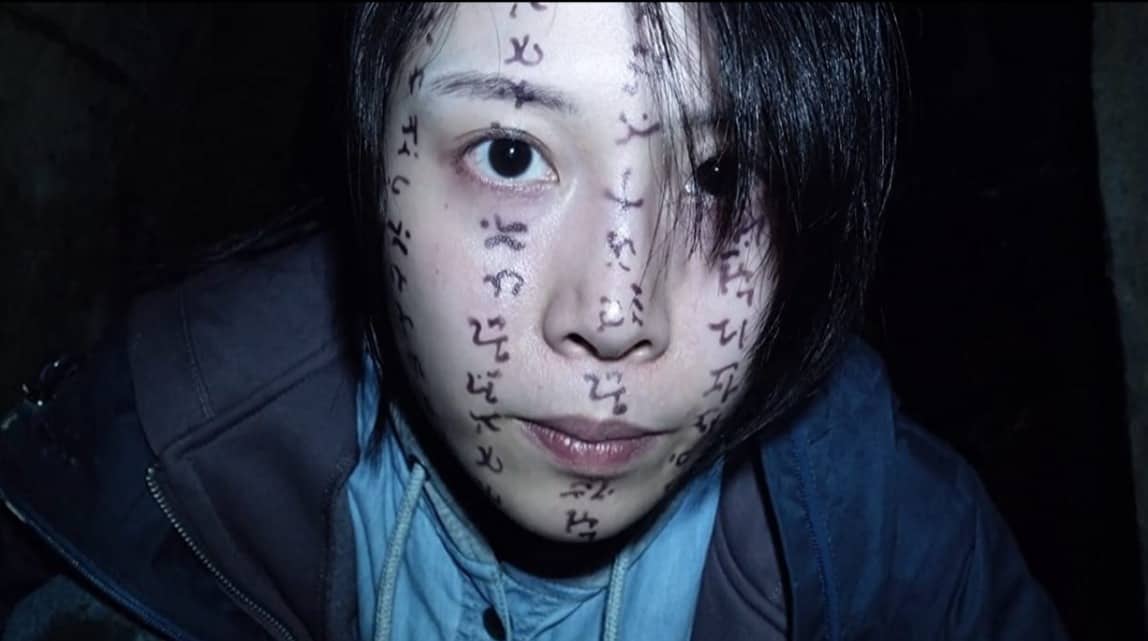
One of the more enjoyable aspects here comes from the intriguing and entertaining setup by writers Ko and Chang Che-wei that seeks to utilize a slightly obscure series of intentions to generate its scares. While operating within clearly-defined fields, with the traditional series of scares and hauntings that it's building off of, the central crux of the storyline being presented through the implementation of a curse carries some weight here. There's a healthy backstory in place for the occult practices in place, ranging from the elaborate altar area and strict adherence to customs while in the village provides a fine grounding for the spiritual beliefs in place. Knowing full well that the locals forbid them from performing certain actions yet doing so anyway, allows for a more fitting backdrop as to why it gets unleashed and follows them around which definitely adds a darker dimension to the second half. This is where the curse takes hold and the frantic nature of the villagers' actions toward Ronan, Dom and Yuan becomes increasingly more chilling. It's all generally enjoyable enough to keep the film engaging for a fun time alongside its running time. (Don Anelli)
7. Goddamned Asura (Lou Yi-an, Taiwan)

The comments Lou Yi-an makes here are quite evident. The current generation is suffering from bad parenting, and the pressure of society to achieve success in a very specific way, which has led them to the virtual world to find solace and some kind of communication/connection. That most of the protagonists, and particularly Jan Wen and Zero, feel trapped due to their familial issues, is one of the central themes here, with the former's night endeavors and almost nihilistic attitude towards the world, and the latter's eventual explosion, highlighting the fact in the most eloquent fashion. Jan Wen's art and the concept of the imprisoned dog also move towards the same direction, this time through symbolism, but the message remains the same. (Panos Kotzathanasis)

6. Everything Everywhere All At Once (Daniel Kwan and Daniel Scheinert, Chinese-themed-US)‘
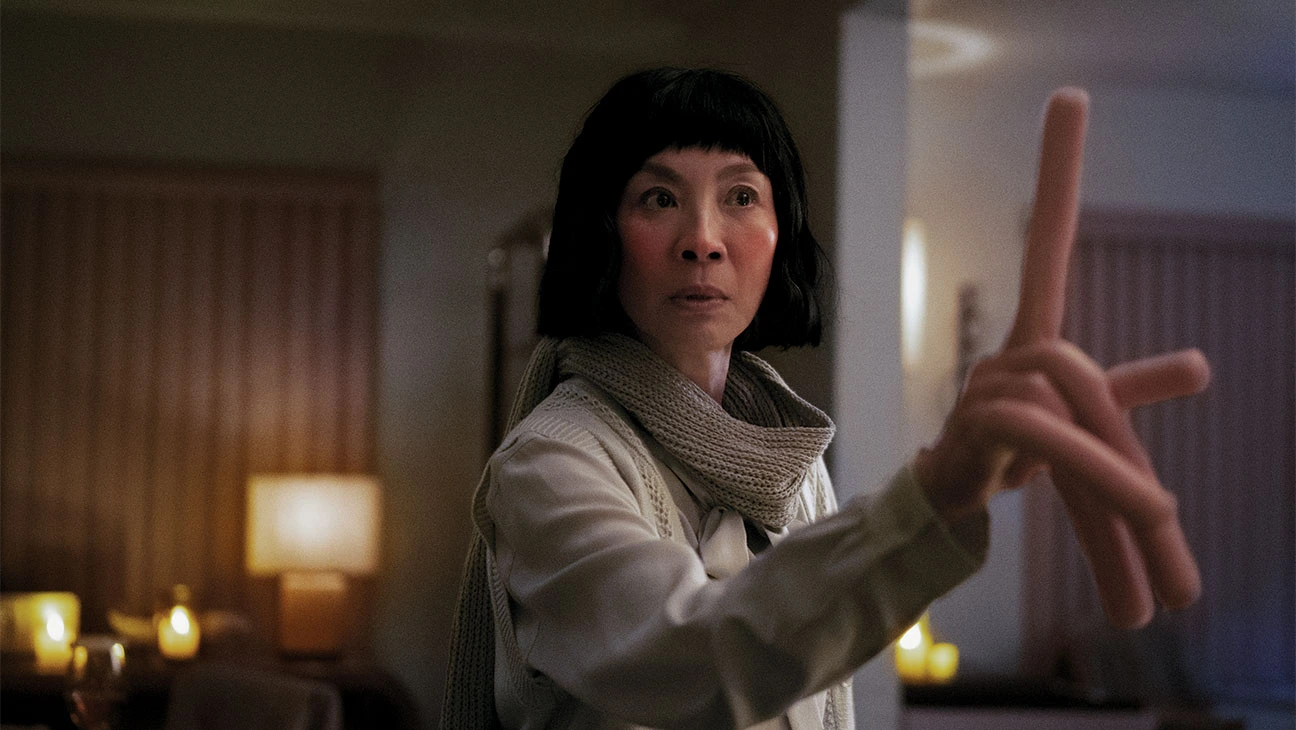
Furthermore, “the Daniels” as they are currently known by, take full advantage of the many parallel universes in order to present their character in very different colors, mostly through the prism of action, comedy, and eventually drama. In that fashion, a number of the action scenes are truly impressive to watch, with the job done by action choreographers Andy and Brian Le, the stunts, and the visual effects being truly top notch. The different types of humor are also hilarious here, starting with the IRS agent becoming a villain as much as the security guys of the building, and continuing with a number of one-liners Yeoh utters at well-timed moments and segment like the one with the sausage fingers or the one only featuring rocks whose “words” are presented through narration and text on screen. At the same time, the directors also manage to deal with a number of social issues, concerning immigration, the generational gap, family, relationships and motherhood among others. (Panos Kotzathanasis)
Buy This Title
on Amazon by clicking on the image below
5. Leave Me Alone (Fan Yang-chung, Taiwan)
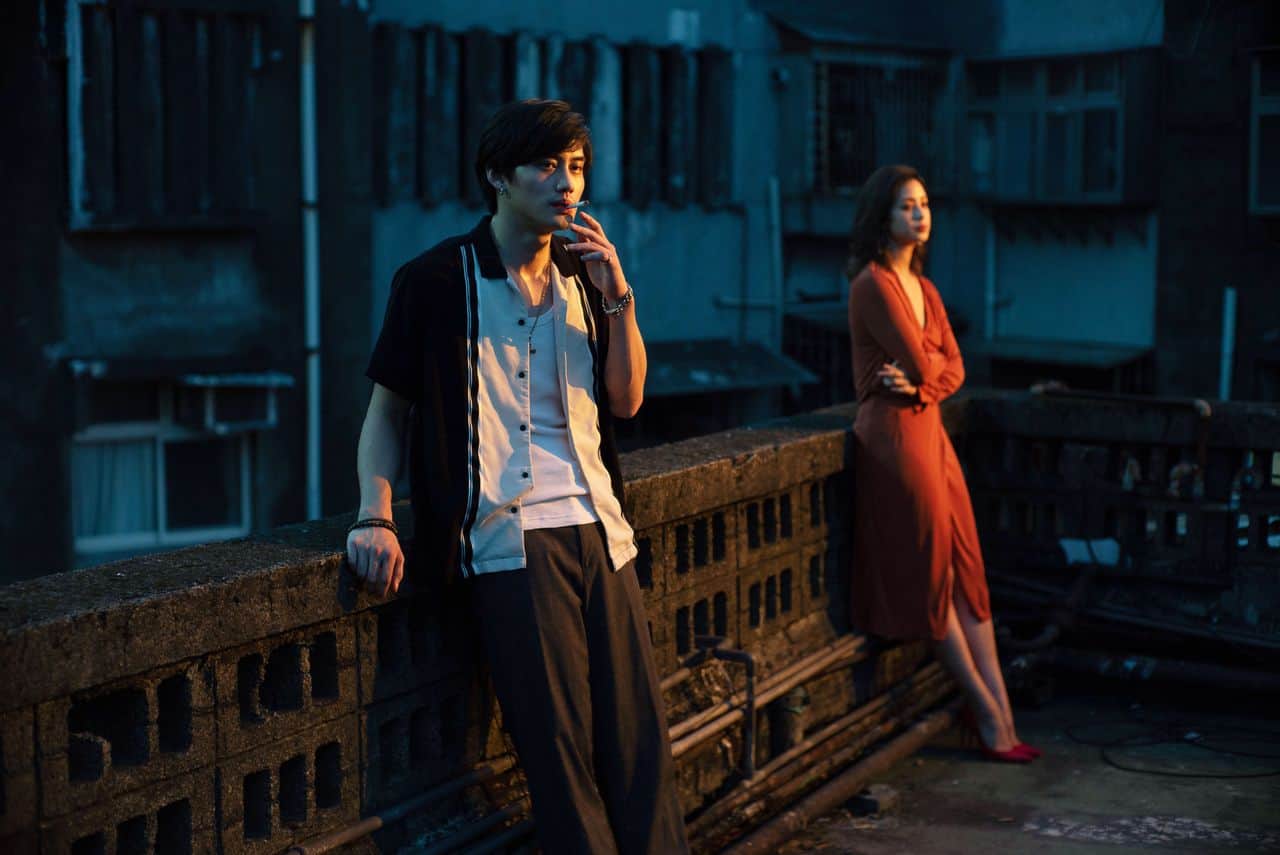
One of the most interesting questions Fan Yang-chung presents here is whether the two protagonists actually feel love, or if they are just using each other to achieve their goals, Loong to get a step closer to high society and Chin-sha to feel good through sex after her failing relationship, and release the pressure she receives from the chairman's peers, to let go. This question carries a significant part of the narrative, even if after a point the one-sidedness of the whole endeavor becomes painfully evident, with the answer eventually coming, but not before the ending, in the most memorable scene of the movie, despite its subtlety. At the same time, the filmmaker also presents two very interestingly broken characters, essentially making a comment about the reasons people connect, with their antithetical chemistry working quite well for the narrative, also due to the very fitting acting by Fandy Fan as Loong and Christina Mok Yun-wen as Nai-wen. (Panos Kotzathanasis)
4. One and Four (Jigme Trinley, Tibet)
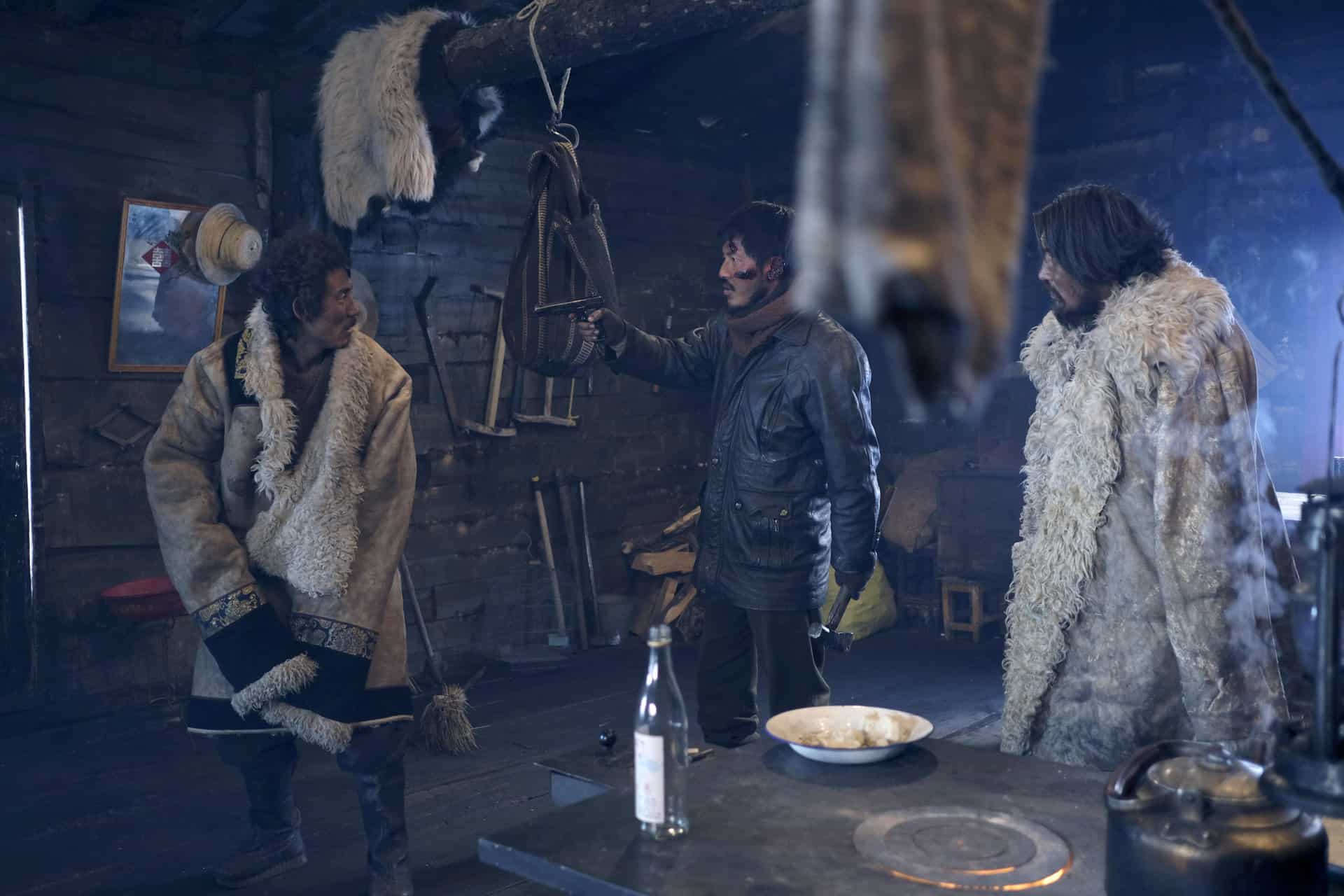
If the setting reminds one of Tarantino's “The Hateful Eight” or Hiroshi Inagaki's “Machibuse” aka “Incident at Blood Pass”, that's where the similarities end, because Trinley's feature relies a lot more on its atmosphere than dialogue to build on the tension. The story instead develops more akin to Kurosawa's “Rashomon”, with all men telling various versions of the events leading up to and since the car crash that the Forestry Police's partner died in and the poacher escaped from. Unlike his father's features, Trinley isn't interested in mysticism or spirituality and instead crafts the narrative as a claustrophobic, paranoid whodunit mystery, which does not go much further than the surface in terms of its storytelling. That is not to say that the apple has fallen far from the tree, as he does utilise metaphors in a couple of places. (Rhythm Zaveri)
3. Gaga (Laha Mebow, Taiwan)
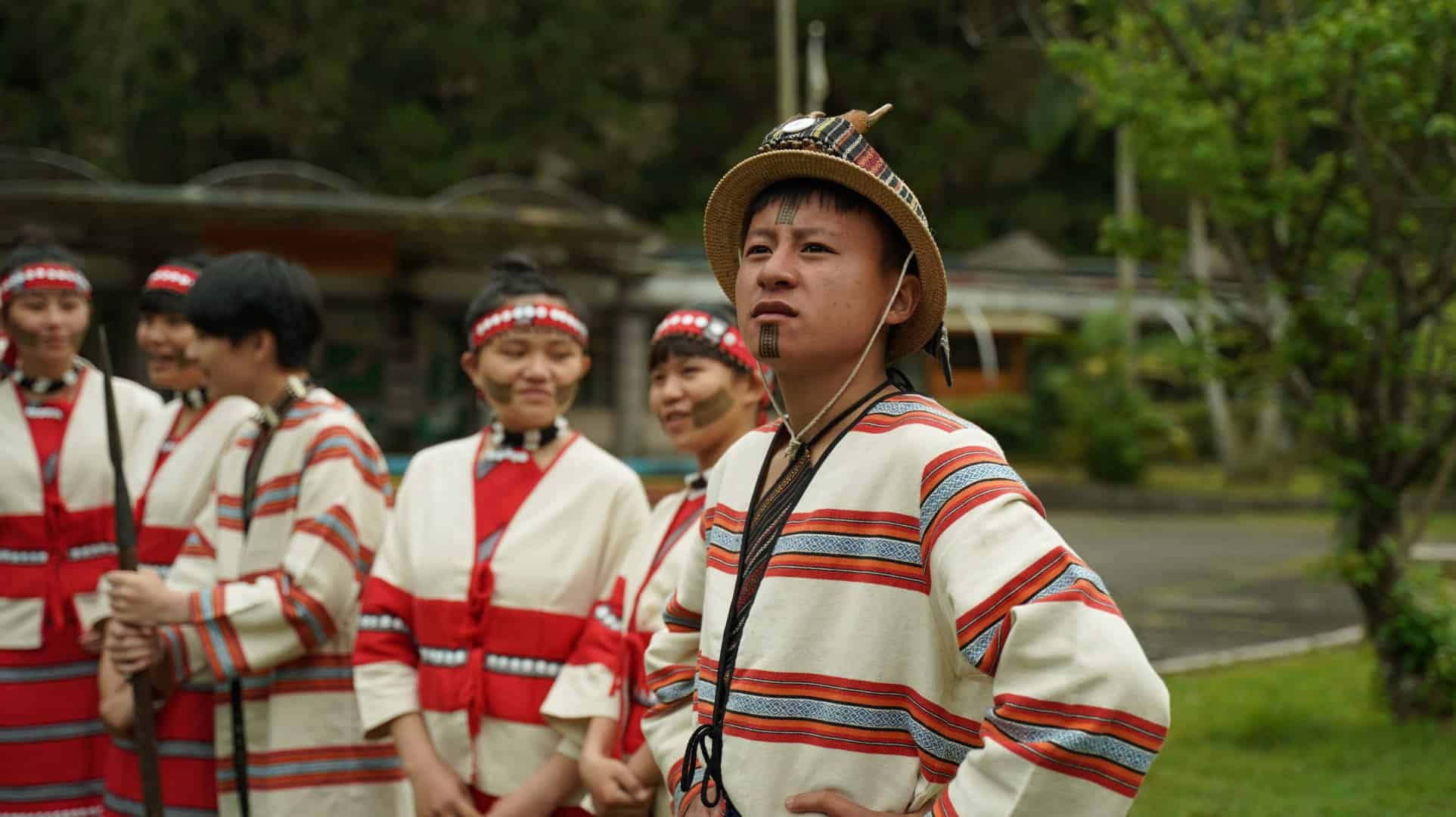
Based strongly to the idea of the life cyrcle, this quiet film has been made with love and respect for the viewer as Laha Mebow, for instance, never exploits a major ellement of the movie which is the pig offering to the gods. The sacrifice happens off camera with as little blood as possible and never wants to disturb the cinema audience. The same love she feels for her characters who represent more or less the common characters you could bump into in an awkward family dinner, from the eldest to the younger ones, the script never judges opinions and life choices, as a family distinct for its love would do. A respected amount of time has been given to explore the difficulties of farming life, the injustices and hardships and the faulty ambitions of politicians. (Christina Litsa)
2. The Wind Will Say (Wei Renai Yongyao)

Wei Renai Yongyao directs a movie that thrives on a number of levels. The first one, although not exactly the most evident one, is a permeating sense of ironic, deadpan humor, which is mostly revealed through what is happening in all aspects of Chen's life, and from some minor scenes here and there, frequently bordering on surrealism. Particularly the fact that he cannot get a break no matter what he does, becomes hilariously tragicomical after a fashion, with his interactions with Yong, his boss, the “sex” with his wife, and most of all, the final scene, cementing this element in the best fashion. This aspect also benefits the most by Lee Kang-sheng's acting, whose overall demeanor through all the simple and more extreme things that happen to him is a true pleasure to watch, with his reaction in one of the twists of the movie being probably the most memorable scene here. (Panos Kotzathanasis)
1. Where Nothing Grows (Zuo Zhiguo, China)

Besides the screenplay, the production boasts of terrific technical aspects, with the Sheng Lu's cinematography doing an excellent job of portraying the vast desert in all its beauty and dread, the high canyons, the tall dunes, barren land as far as the eyes can see are all captured in all their glory. The heat of the day and the cold of the night are both palpable, making the audience go through the journey right besides Lin, an effect also boosted by the close-up camerawork in a number of sequences. The dusk skies, in particular, are a sight to behold. Equally important is the music, the signature tune with its vocalization fitting perfectly into the aesthetics and overall mood. (Rhythm Zaveri)


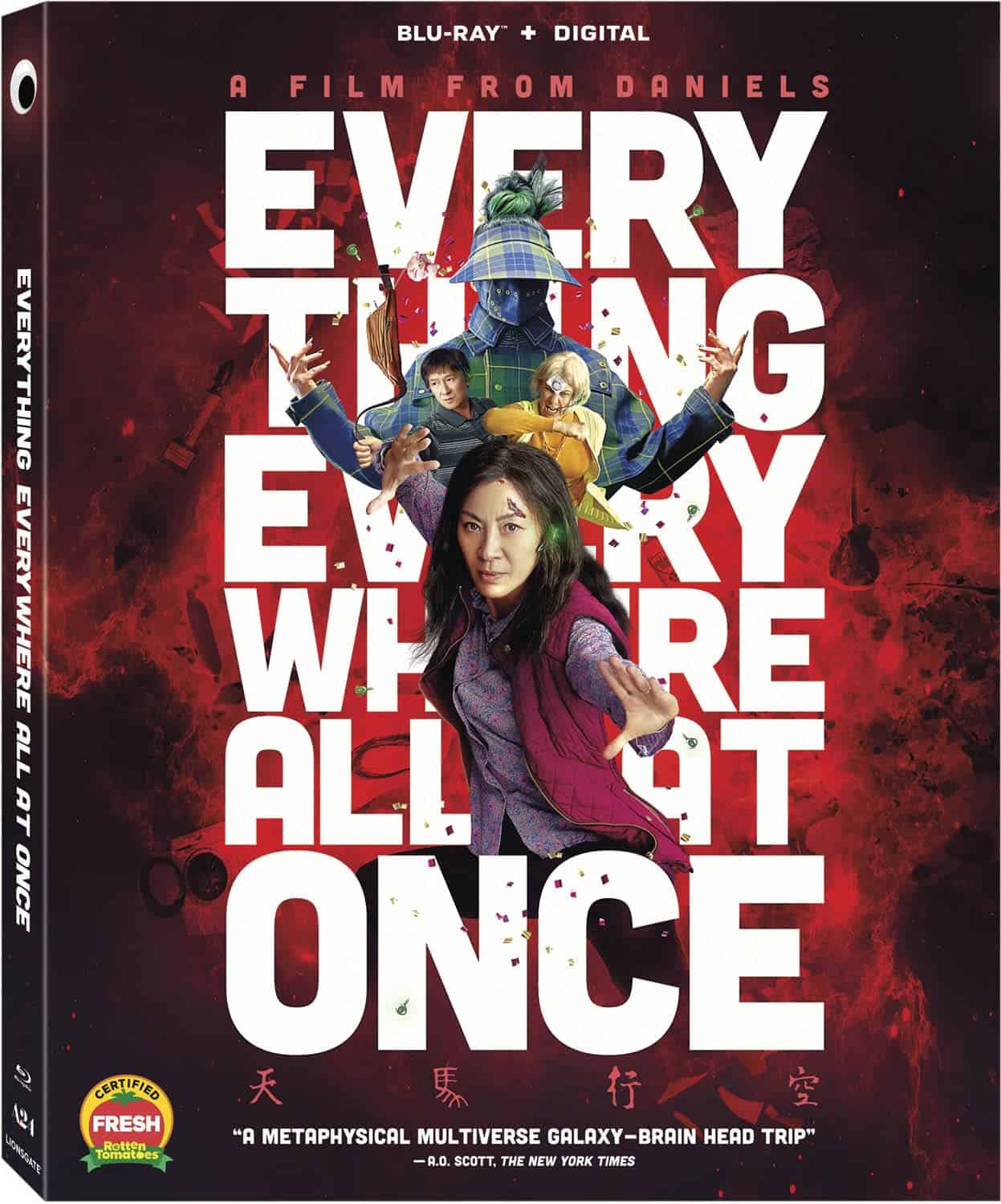




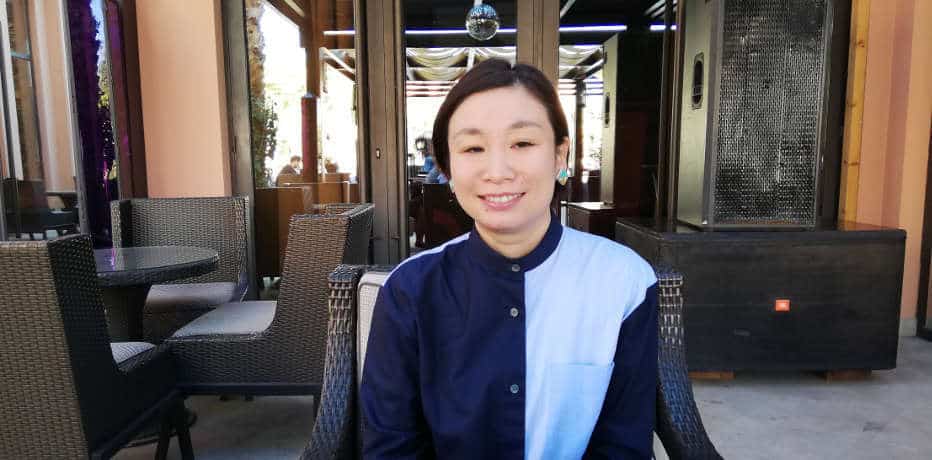
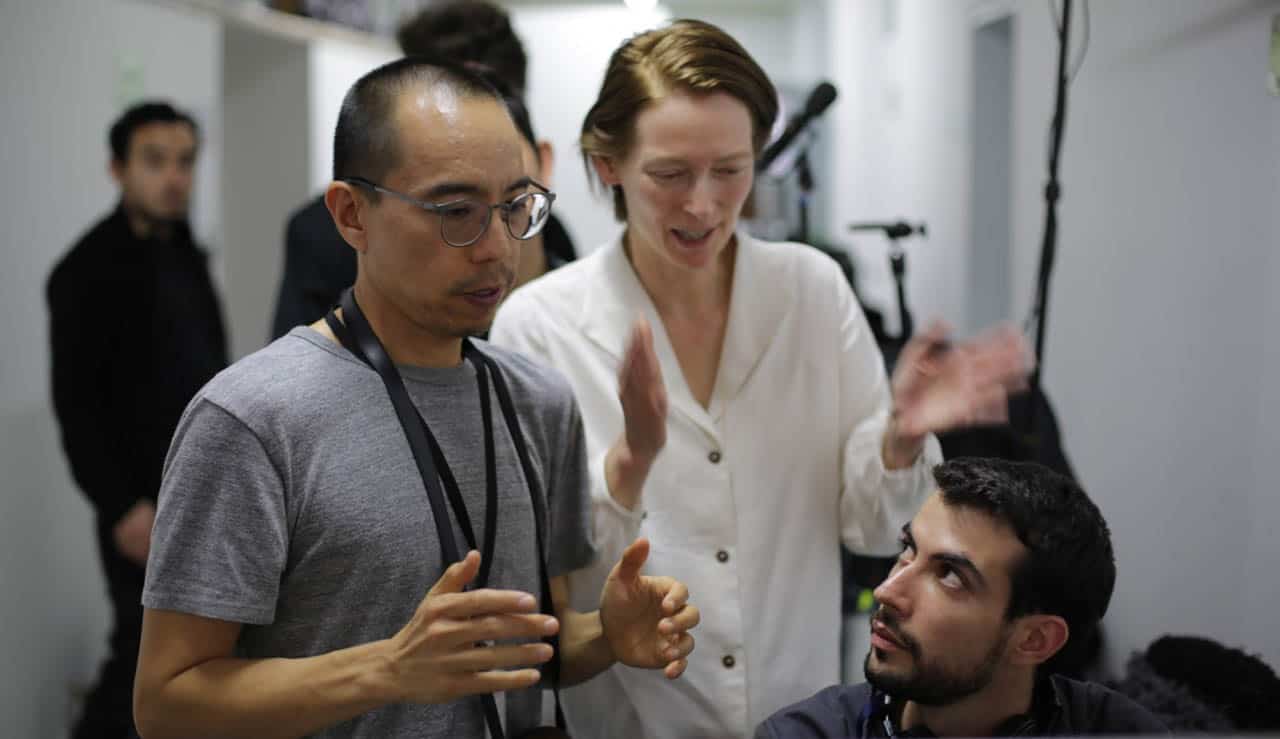







Tibet is not part of china
Since 1951, the entire plateau has been under the administration of the People’s Republic of China, a major portion in the Tibet Autonomous Region, and other portions in the Qinghai and Sichuan provinces.